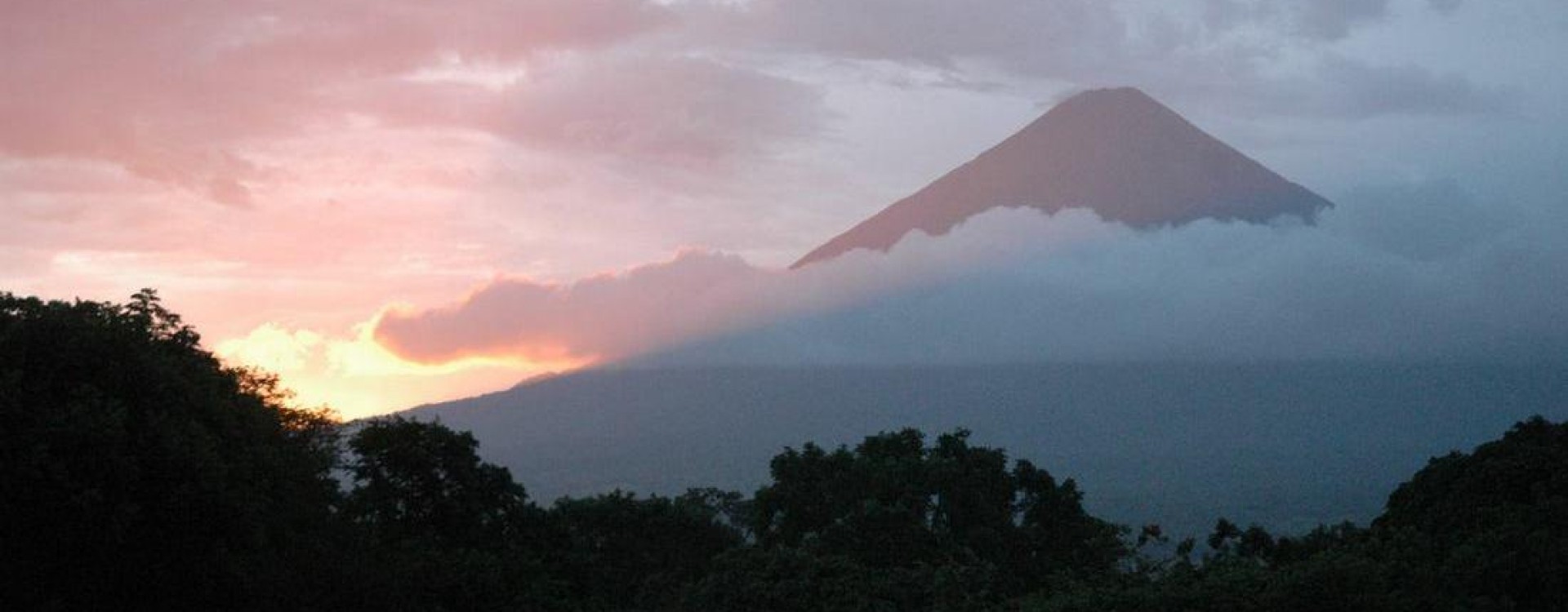I wasn’t really sure what to expect from the LACS 20 course. Would it be a standard history class? A typical discussion-based course? An extended series of training sessions? In reality, LACS 20 was a combination of all three elements, but it was so much more than simply an information-based series of lessons. During the term, LACS 20 pushed me to question my values, my motivations, and my approaches to implementing solutions to issues in communities that I am not familiar with. It encouraged me to reevaluate what I considered “problems” to begin with, and if my noble ideas would actually have the intended effects. Through the course readings, Skype-sessions with Nicaraguans, guest speakers, class discussions and final projects, I learned about the importance of cultural sensitivity, collaboration, and establishing goals with clear objectives. Of course, I was enlightened with very relevant historical context on Nicaragua and information on technical skills (for the Clinical Health team), but what surprised and pleased me the most was the emphasis placed on the “Ethics” portion of the “Politics and Ethics of Development” title that is attributed to the course.
Overall, I’m incredibly excited to travel to Nicaragua (next week!) and use the knowledge and insight I have obtained during my time in LACS 20 to shape the service– or more appropriately, collaboration– I will be a part of while at the clinic in Hormiguero. As the Clinical Health leader, I’m well aware of the time, resources, and energy that is devoted to putting something like the Nicaragua CCESP together, so I expect that everything will proceed safely, smoothly, and efficiently while in-country. I am especially looking forward to seeing how everyone’s individual projects will be implemented and learning about the results they obtain. And of course, I absolutely cannot wait to have conversations with the community members and hear about their stories, as Professor Martínez has encouraged me to do (you can hear/read about my interview with her under the “Oral History” tab). After all, the essence of the CCESP lies in the fact that it is not a one-sided effort, but rather a shared effort between us outsider volunteers and community members, ensuring that the service projects can eventually be independently managed by the community itself.
In Professor Martínez’s words, “lo único que busque es alguien se siente a tu lado y te escuche…Y estar presente. Y para ellos, significa todo”.
“The only thing that they look for is that someone sits next to [them] and listens to [them]. And is present. And for them, it means everything.”

nice